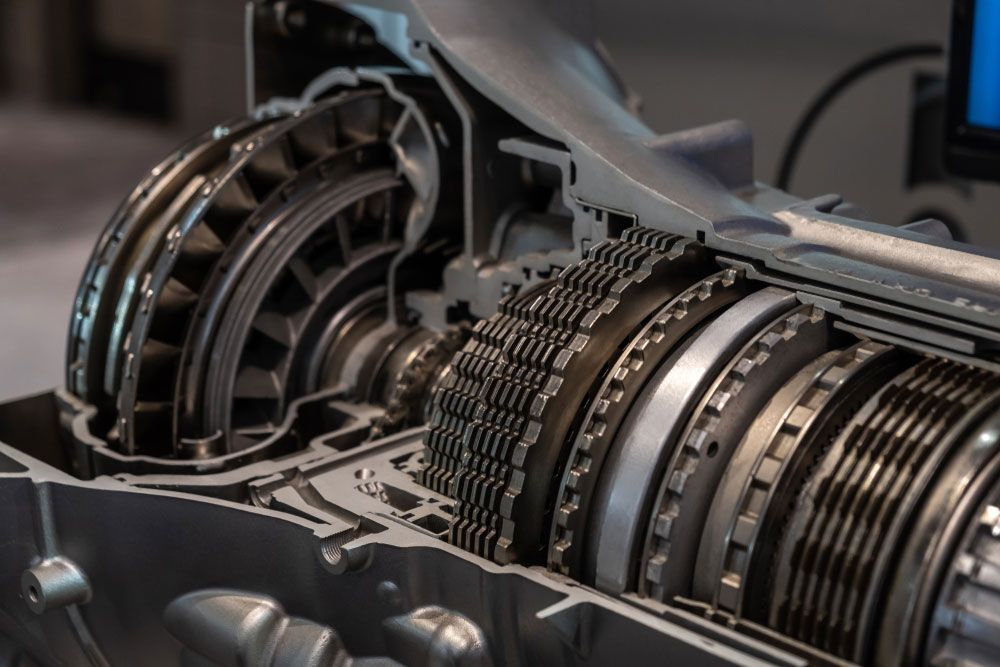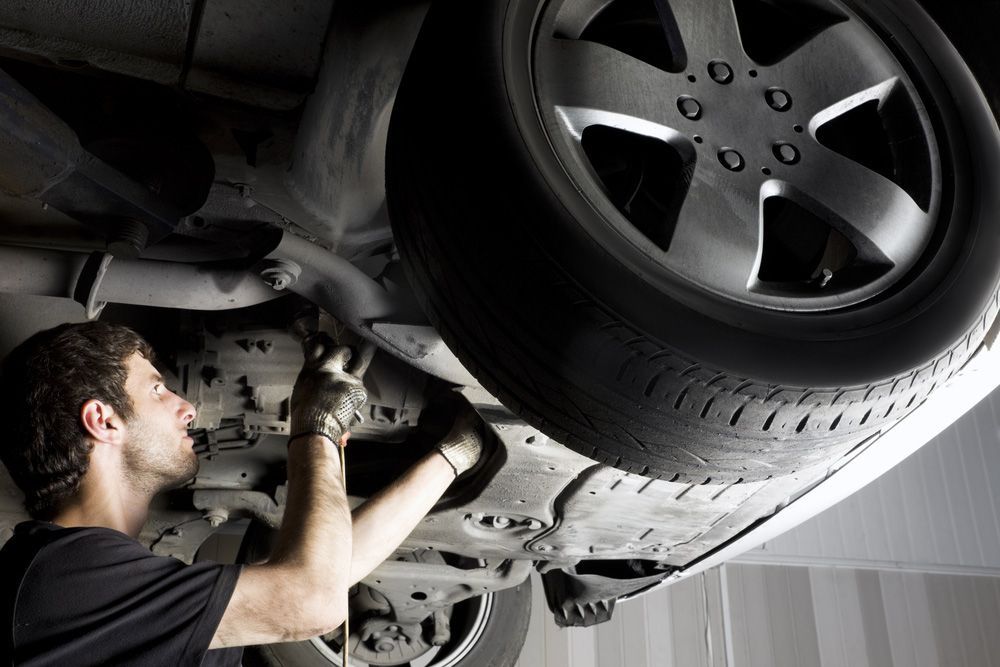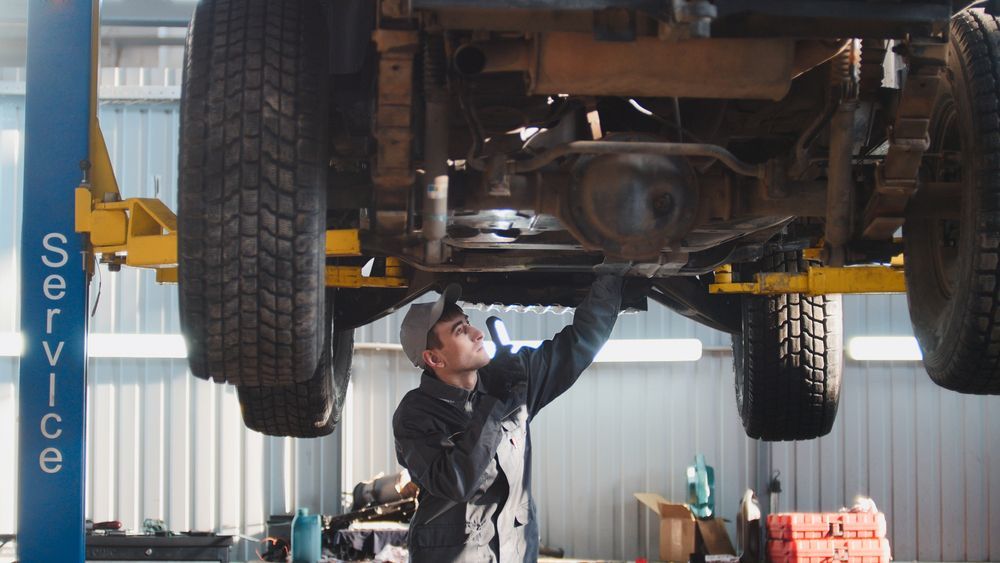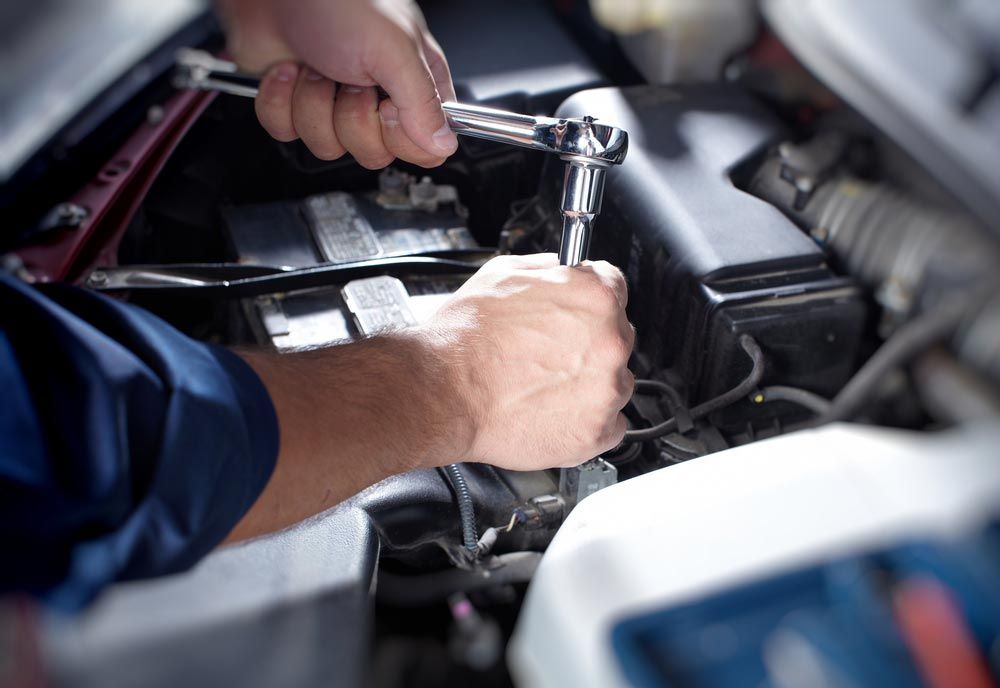What Is A Clutch System & Its Primary Function In A Vehicle?
Every time you start your car, the clutch system springs into action. Whether you're accelerating to merge onto the highway or slowing down for a stop sign, it allows you to drive smoothly and efficiently. Without a properly functioning clutch system, your vehicle's performance could be compromised. In this blog post, we'll explore the function of this system and its impact on your driving experience.
Understanding the Role of the Clutch System
The clutch system is designed to connect and disconnect the engine from the transmission. When you press down on the clutch pedal, you're essentially disengaging the engine from the wheels, enabling you to change gears without causing damage to the transmission. This process is crucial when you're driving a manual vehicle, as it allows for smooth transitions between gears, ensuring the engine operates efficiently at different speeds.
The clutch system also controls the vehicle's speed. By engaging and disengaging the clutch, you can manage how much power is transferred from the engine to the wheels. This control is particularly important in situations where precise speed management is needed. A well-maintained clutch system ensures your vehicle responds accurately to your inputs, providing a safe and comfortable driving experience.
Types of Clutches
When it comes to clutch systems, there are several types to consider, each with its unique characteristics.
Friction Clutches
Friction clutches are the most common type found in vehicles. These clutches rely on friction between the clutch disc and the flywheel to transfer power from the engine to the transmission. When the clutch pedal is released, the disc presses against the flywheel, allowing power to flow through. Friction clutches are known for their simplicity and reliability, making them popular in many vehicles.
Hydraulic Clutches
Hydraulic clutches, on the other hand, use fluid pressure to engage and disengage the clutch. This system provides a smoother and more consistent operation, as the hydraulic fluid reduces the effort required to press the clutch pedal. While hydraulic clutches are often found in higher-end or performance vehicles, they are becoming more common due to their ease of use and durability.
Common Clutch Problems
Like any other mechanical component, the clutch system can develop issues over time. Here are some of the most common problems you might encounter:
- Slipping: This occurs when the clutch fails to fully engage, causing a loss of power and a noticeable decrease in acceleration.
- Dragging: If the clutch doesn't fully disengage, shifting gears can be difficult, often resulting in grinding noises.
- Unusual Noises: Any unusual noises, such as squealing or growling, when pressing or releasing the clutch pedal could indicate a problem with the clutch release bearing.
Maintaining your clutch system is crucial to avoid these issues and ensure your vehicle runs smoothly. Regular inspections and timely repairs can save you from costly breakdowns and keep your vehicle in top condition.
Ensure Smooth Gear Shifts with Our Clutch Services
Don’t let clutch issues compromise your driving experience. At K & T Ballina Mechanical, our skilled team offers clutch repairs and flywheel grinding services. We use only high-quality parts to ensure your vehicle runs smoothly and reliably. Get in touch with us today to schedule a car service in Ballina and keep your vehicle in top condition!






